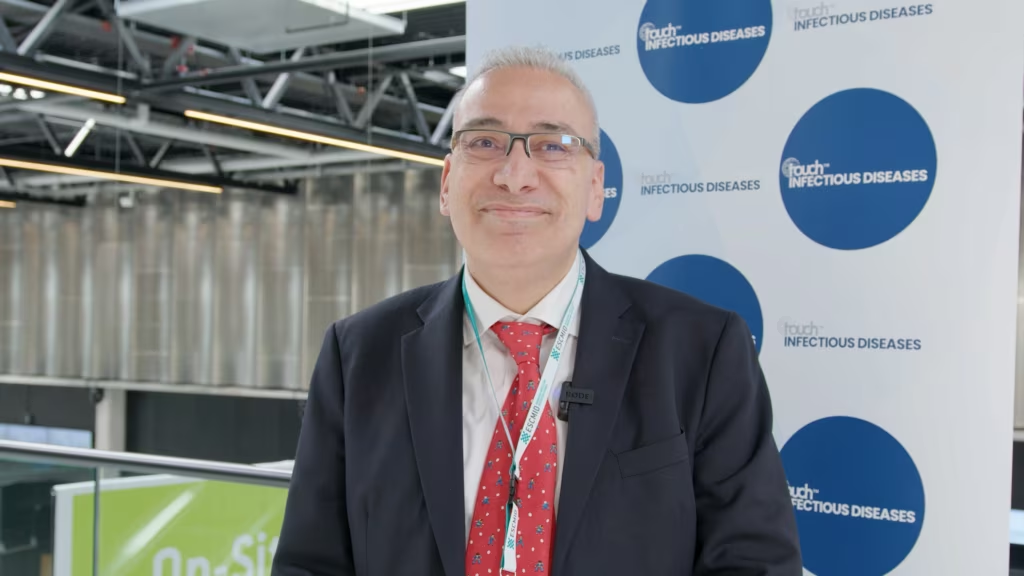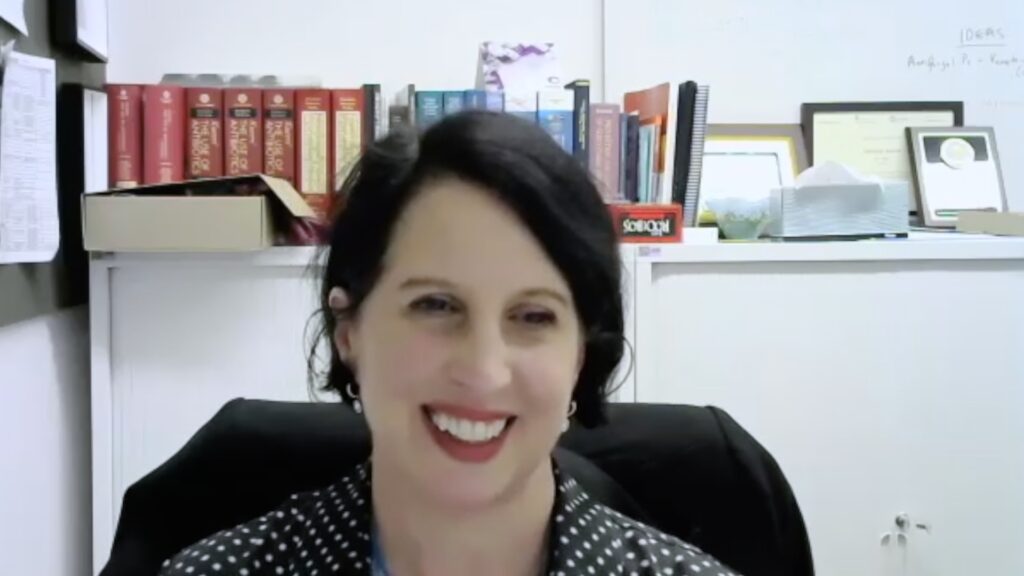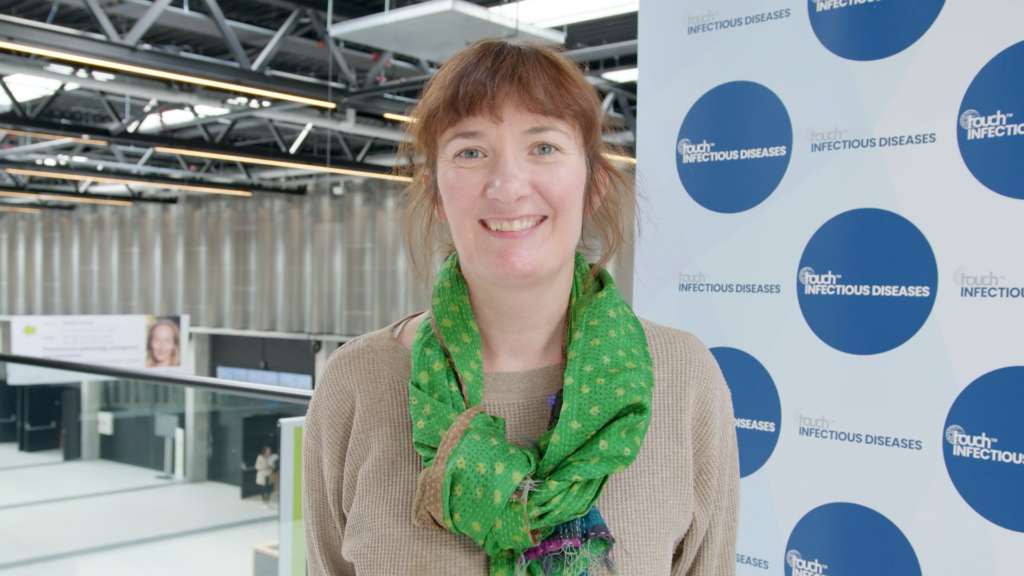Sepsis
An Introduction to Sepsis
Sepsis is defined as life-threatening organ dysfunction, caused by a dysregulated host immune response to infection. Sepsis-related deaths represent around 20% of all global deaths. Early diagnosis and treatment are crucial to improving clinical outcomes. Machine-learning algorithms are being used to aid clinical decisions. Treatment involves antibiotics and supportive therapy, such as immunomodulators, vasopressors and fluid resuscitation. There have been few therapeutic developments in the last 20 years; however, nanoparticles have potential in both the detection and treatment of sepsis-related infections. Another focus of research is blood cell biomarkers; changes in CD52 and S100A9 are strong predictors of outcomes. The field of sepsis is highly diverse and it is a rapidly growing area of research and development.

Physician burnout is at a critical point. In this episode, Nicky speaks with Dr Alfred Atanda about why so many physicians are burning out and what can be done to change the trend. From personal experience to system-wide solutions, Dr Atanda shares valuable insights on improving physician well-being and building a more effective healthcare culture.

In this episode, we explore the future of continuing medical education (CME) with the team behind touchIME. Hannah Fisher and Matthew Goodwin share insights into global and US trends, the importance of patient inclusivity and how educational outcomes are evolving to better measure the direct impact of learning on clinical practice and patient care.

In recent years clinical trials with immunomodulators for sepsis have failed to make a significant impact. The PROVIDE clinical trial (NCT03332225) investigated whether a personalized immunotherapeutic approach targeting differences in immune dysregulation phenotypes in sepsis would improve outcomes. In this ...

Prof. Karin Thursky (National Centre for Antimicrobial Stewardship, Melbourne, Australia) discusses the challenges of sepsis and antimicrobial stewardship programmes in hospitals. Prof. Thursky is a recognised international expert on the design and implementation of antimicrobial stewardship programs, with expertise in ...

Prof. Karin Thursky (National Centre for Antimicrobial Stewardship, Melbourne, Australia) discusses the management of sepsis in patients, recommendations that have been made for quality indicators for the use of antibiotics and adherence to these recommendations, and how to reconcile sepsis ...
Latest articles videos and clinical updates - straight to your inbox
Log into your Touch Account
Earn and track your CME credits on the go, save articles for later, and follow the latest congress coverage.
Register now for FREE Access
Register for free to hear about the latest expert-led education, peer-reviewed articles, conference highlights, and innovative CME activities.
Sign up with an Email
Or use a Social Account.
This Functionality is for
Members Only
Explore the latest in medical education and stay current in your field. Create a free account to track your learning.


